Purdue turbomachine expander offers efficient, safe strategy for heating, cooling
Green Car Congress
FEBRUARY 26, 2020
Purdue University researchers have developed a turbomachine expander that offers an efficient and safe strategy for heating and cooling. These devices are referred to as expansion work recovery devices. However, the device will be referred to as an expander herein for conciseness. —Barta et al.

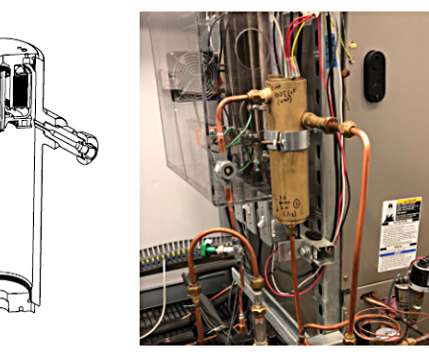
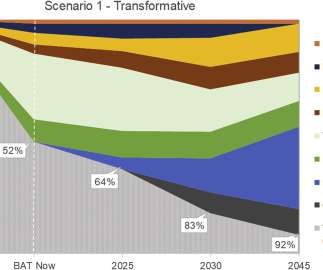

















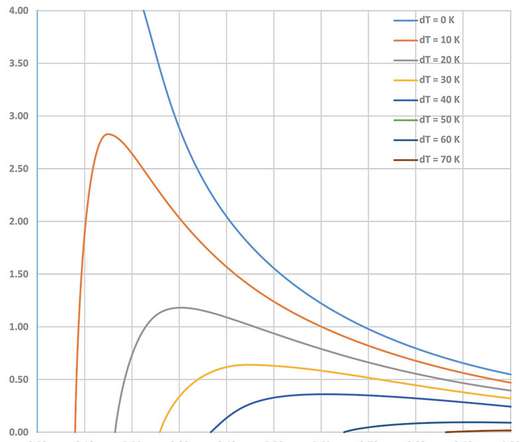






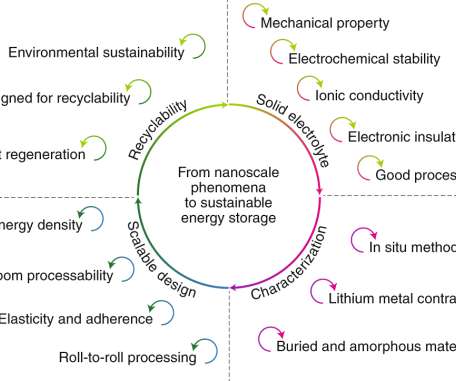



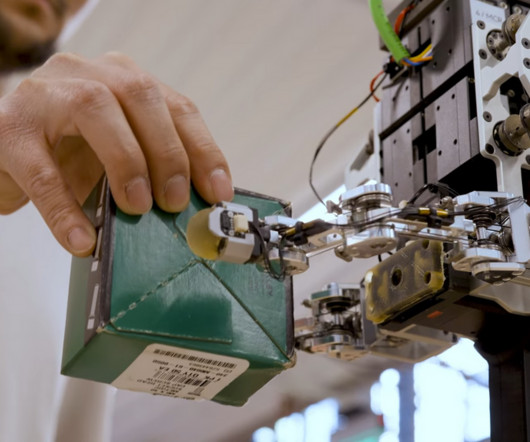











Let's personalize your content